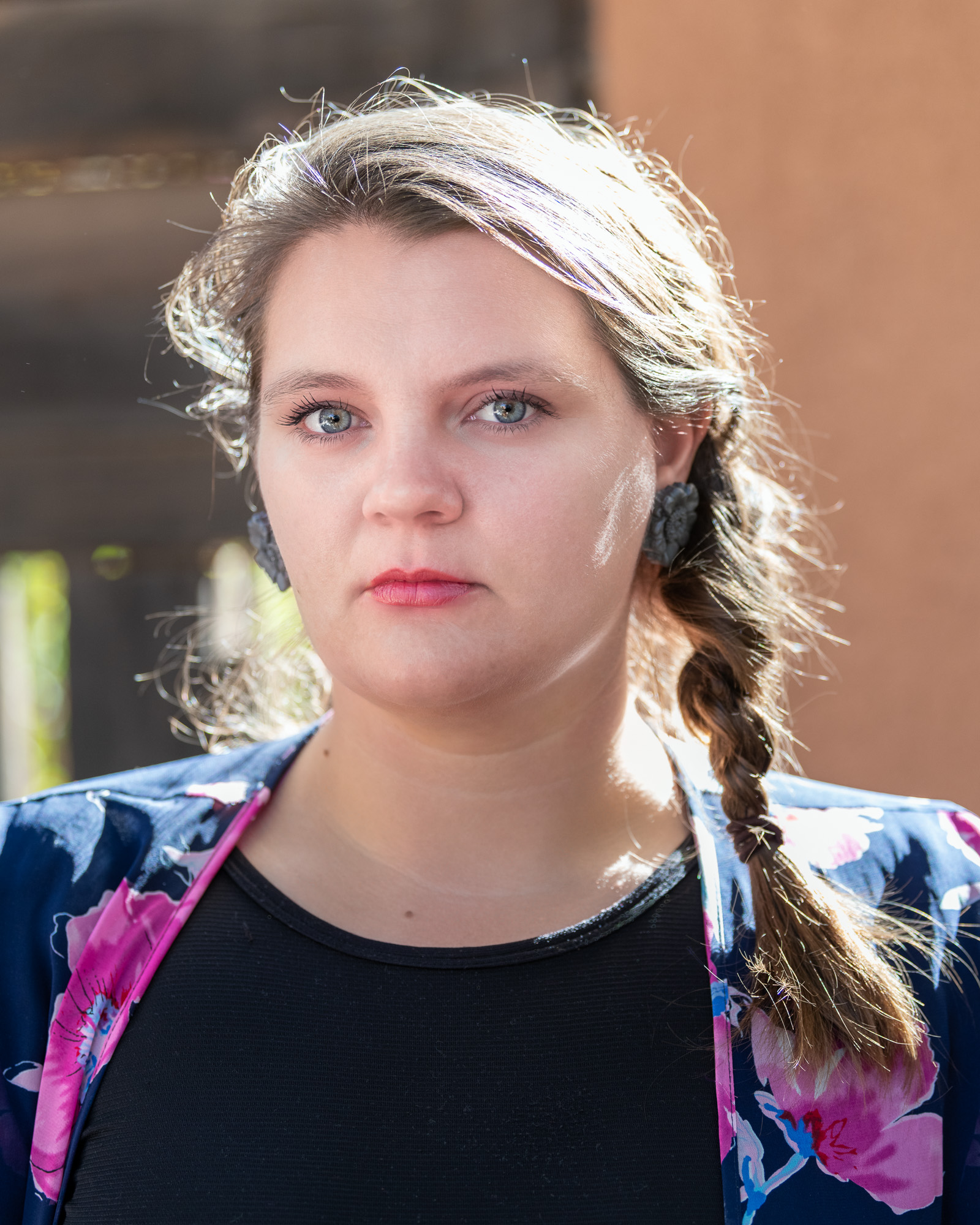Alanna Warner-Smith
2020-2021
Paloheimo Fellow
Affiliation at time of award:
PhD Candidate
Department of Anthropology
Syracuse University

Alanna Warner-Smith by Stephen Sartori
Working Hands, Indebted Bodies: The Bioarchaeology of Labor and Inequality in an Era of Progress
Warner-Smith examines the intersections of labor and aging by studying the skeletal and archival remains of approximately two hundred Irish immigrants who died in New York City between 1893 and 1921. Throughout the second half of the nineteenth century, inequality, age, and labor were intimately connected in institutional discourse. Infirmity and disease in old age came to be seen as debts accrued as the result of one’s failure to work, a judgment bestowed irrespective of inequality or structural violence experienced by laborers and immigrants over the course of their lives. This discourse applied to the Irish immigrants in this study, most of whom died impoverished in public institutions around New York City. After death, their corpses were used in medical school dissection to “repay” their debt to society, accumulated when they were patients in publicly funded institutions, before becoming curated specimens in an anatomical collection.
Studying the skeletal and archival traces of Irish immigrants in this collection, Warner-Smith seeks to answer four key questions. First, what do the skeletal remains tell us about immigrants’ daily work and activities? Second, what does this evidence of work tell us about their experiences in Ireland and New York, where they grew up, lived, labored, and died? Third, what do the skeletal and archival traces tell us about the ways inequality shapes the body? How was inequality embodied in skeletal tissues over the course of these persons’ lives as they grew and aged? Finally, what social meanings did bodily evidence of health and labor assume in relation to aging and poverty discourse? In exploring these questions, Warner-Smith seeks to better understand how labor and inequality shaped the body over the course of these individual’s lives. More broadly, her study reanimates the diverse experiences and stories of people once named but made anonymous through dissection and curation as anatomical specimens.
Generous funding for this Fellowship provided by the Paloheimo Foundation.